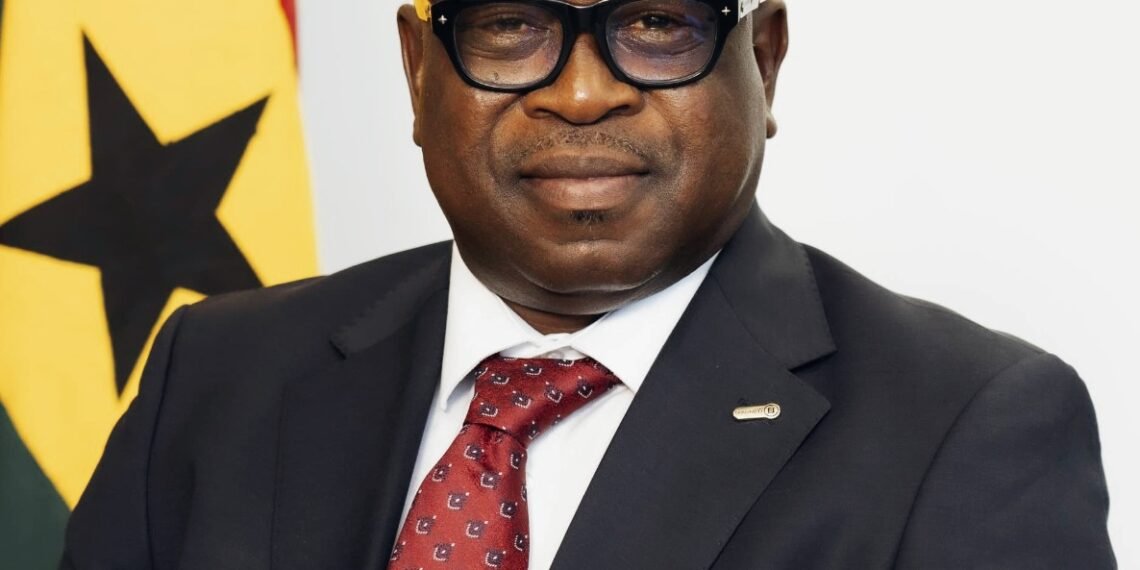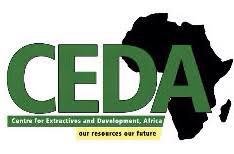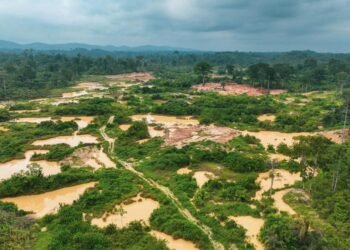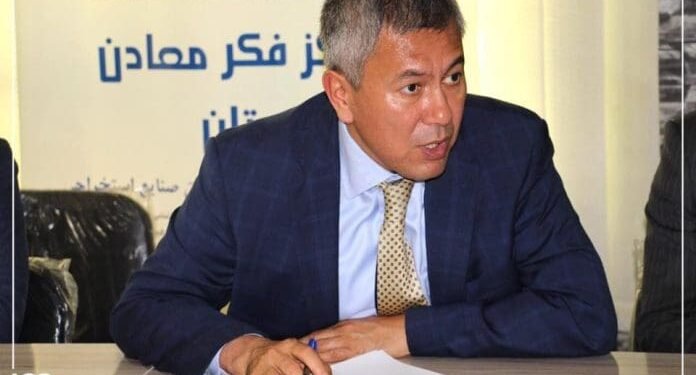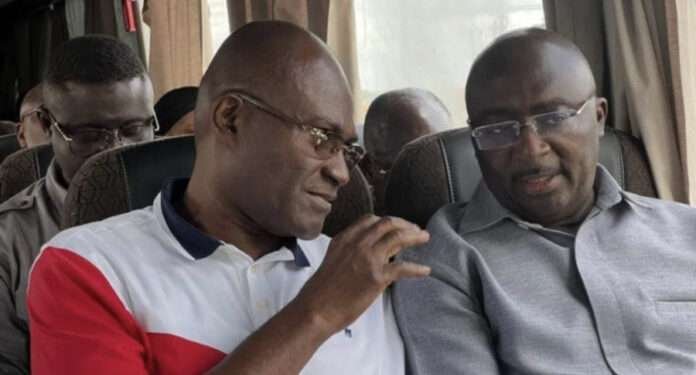Ghana has taken a major step forward on the global climate stage with the appointment of Hon. Seidu Issifu, Minister of State for Climate Change and Sustainability, to the Board of the Climate Vulnerable Forum–V20 (CVF-V20).
The appointment, made during the inaugural CVF-V20 Board meeting held in Washington, D.C., marks a defining moment in Ghana’s international climate diplomacy and positions the country as a key player in shaping resilient, inclusive, and climate-smart development for vulnerable economies.
Speaking on behalf of President H.E. John Dramani Mahama, whose administration established the Ministry for Climate Change and Sustainability, Hon. Issifu used the platform to outline Ghana’s top priorities.
These include “scaling clean energy investments with a target of adding 500 megawatts of solar capacity, expanding partnerships forged during recent diplomatic engagements in Beijing, and updating Ghana’s Climate Prosperity Plan to reflect new macroeconomic realities and unlock climate-resilient growth.”
The selection of Hon. Issifu to the CVF-V20 Board is widely seen as a recognition of Ghana’s growing influence in international climate governance.
It affirms confidence in the country’s policy vision, its capacity to deliver results, and its emerging role as a regional anchor for climate innovation and finance.
Ghana’s elevation is not just ceremonial but strategic. It places West Africa at the heart of decisions that will shape global approaches to loss and damage, health resilience, water security, energy sovereignty, and sustainable food systems.
More importantly, it strengthens South-South cooperation efforts and elevates technology, youth participation, and local enterprise as central drivers of climate action.
Call for Continuity and Institutional Stability
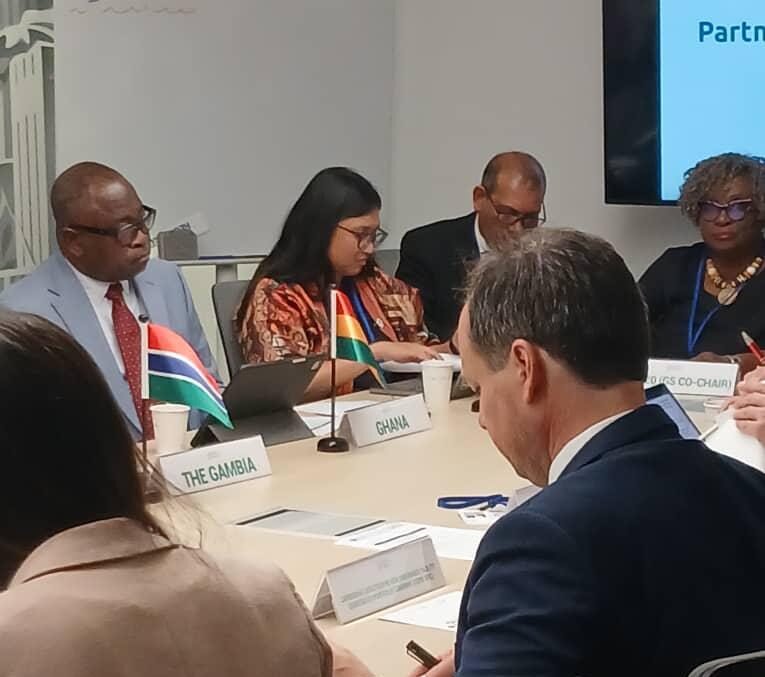
One of the more visionary proposals put forward by Hon. Issifu during the session was for Ghana to be granted a permanent seat on the CVF-V20 Board.
Citing international governance norms where host countries of permanent secretariats retain standing representation, the Minister argued that Ghana’s role in hosting the CVF Secretariat merits continuous governance participation.
The proposal was met with support in principle, with the Board recommending it be presented to the wider CVF-V20 membership for formal endorsement.
If adopted, Ghana’s permanent seat would bring continuity to the Forum’s work and enhance institutional memory across key focus areas such as finance reform, climate resilience programming, and global advocacy.
It would also reinforce Accra’s status as a continental hub for climate policy and implementation.
The Washington meeting brought together prominent figures from the global climate space, including H.E. Mohamed Nasheed, former President of the Maldives and Secretary-General of the CVF-V20, and H.E. Elizabeth Thompson, Barbados’ Ambassador for Climate Change and Sherpa to Prime Minister Mia Amor Mottley, who currently chairs the CVF-V20.
The gathering emphasized the need to move from high-level ambition to tangible, community-focused results.
Driving Results Through Action
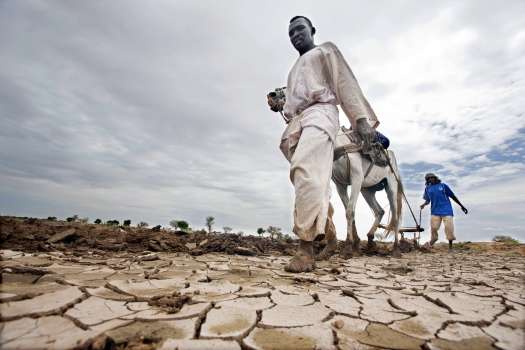
As a new member of the Board, Ghana has outlined a results-driven roadmap that focuses on four key priorities: expanding adaptation efforts at scale, improving access to loss and damage financing, reforming climate finance systems, and ensuring integrity in carbon markets.
These priorities align with the CVF-V20’s broader agenda to mobilize $150 billion in climate finance by 2030, strengthen national resilience frameworks, and ensure that climate finance delivers real benefits to vulnerable populations through local development and private sector participation.
Hon. Issifu reaffirmed Ghana’s readiness to work closely with partners to deliver on these commitments, noting that the Board appointment is not merely symbolic, but a mandate to lead.
“This is about results, about ensuring that every dollar mobilized for climate action translates into opportunity, safety, and prosperity for our people.”
Hon. Seidu Issifu, Minister of State for Climate Change and Sustainability
The appointment of Hon. Seidu Issifu signals a broader shift in how climate-vulnerable countries are asserting leadership in global climate governance.
For Ghana, it’s not just about securing a seat at the table it’s about shaping the table itself. As the country moves toward COP30, it does so with a renewed mandate to lead, a clear vision of shared prosperity, and a commitment to delivering real results for the most affected communities.
Ghana’s role in the CVF-V20 is now more critical than ever. At a time when climate impacts are intensifying, and financial gaps persist, the country’s leadership rooted in pragmatism, partnership, and purpose offers a roadmap for transforming vulnerability into resilience and ambition into progress.

